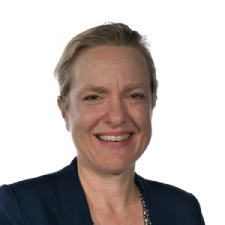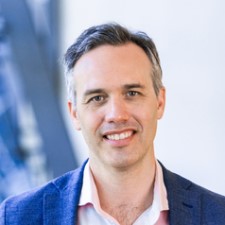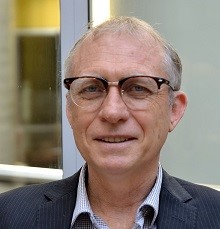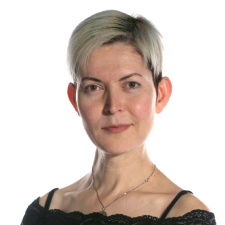About this course
This is a free, self-paced online course.
In 2018, UTS and the Australian Human Rights Commission began a partnership to facilitate, guide and lead public conversation on how to protect and promote human rights in the context of a new era of technological development.
We aimed to work together to develop innovative ways to ensure human rights are prioritised in the design and regulation of new technologies and to consider how policies, incentives and other tools can be used more effectively to promote human rights in a changing world.
In March of 2020, the Design Innovation Research Centre at UTS partnered with the UTS Centre for Social Justice and Inclusion to facilitate a workshop with the Australian Human Rights Commission.
Representatives of the Commission, including Commissioner Ed Santow, met alongside 30 academics and practitioners from across the University’s faculties and institutes.
This free course presents the findings of the workshop. In addition, academics with backgrounds ranging from law, engineering, transdisciplinary innovation and the built environment will discuss their contributions to this important project and share their knowledge and perspectives.























